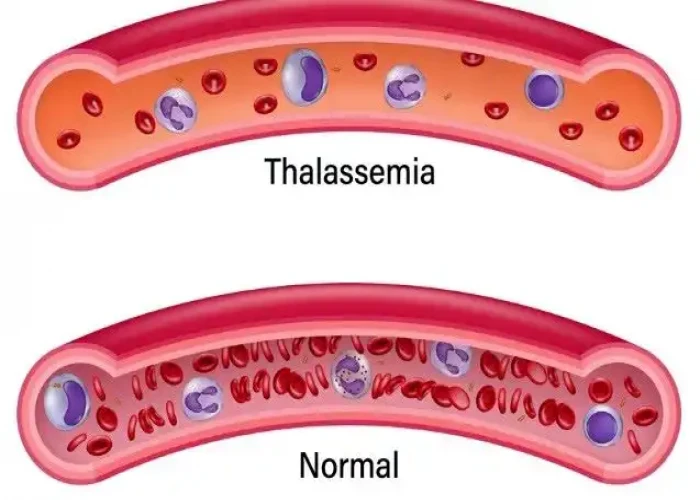 Welcome
Welcome
“May all be happy, may all be healed, may all be at peace and may no one ever suffer."
Thalassemia

Thalassemia is a group of inherited blood disorders that affect the production of hemoglobin, the protein in red blood cells that carries oxygen throughout the body. Individuals with thalassemia have abnormal or insufficient hemoglobin, which can cause anemia, a condition in which the body doesn't have enough healthy red blood cells to carry oxygen to tissues and organs.
There are two main types of thalassemia, alpha and beta, depending on which part of the hemoglobin molecule is affected. Each type has different subtypes and varying degrees of severity. The symptoms of thalassemia can range from mild to severe, depending on the type and severity of the disorder.
Symptoms of thalassemia can include fatigue, weakness, shortness of breath, pale skin, yellowing of the skin and eyes (jaundice), and slow growth and development in children. Some individuals with thalassemia may require blood transfusions to manage their anemia.
Treatment for thalassemia may include blood transfusions, iron chelation therapy to remove excess iron from the body, and, in some cases, bone marrow transplant. Regular medical follow-up is important to monitor for complications such as organ damage and infections.
Thalassemia is an inherited disorder, and individuals with a family history of thalassemia may be at increased risk of having the disorder. Genetic counseling may be recommended for individuals and families who are at risk of thalassemia. Early diagnosis and treatment of thalassemia can help improve outcomes and quality of life for individuals with the disorder.
Research Papers
Disease Signs and Symptoms
- Fatigue (Tiredness)
- Weakness
- Yellow skin
- Facial bone deformities
- Swollen abdomen (Ascites)
- Dark urine color
- Thalassemia
Disease Causes
Thalassemia
Thalassemia is caused by mutations in the DNA of cells that make hemoglobin — the substance in red blood cells that carries oxygen throughout your body. The mutations associated with thalassemia are passed from parents to children.
Hemoglobin molecules are made of chains called alpha and beta chains that can be affected by mutations. In thalassemia, the production of either the alpha or beta chains are reduced, resulting in either alpha-thalassemia or beta-thalassemia.
In alpha-thalassemia, the severity of thalassemia you have depends on the number of gene mutations you inherit from your parents. The more mutated genes, the more severe your thalassemia.
In beta-thalassemia, the severity of thalassemia you have depends on which part of the hemoglobin molecule is affected.
Alpha-thalassemia
Four genes are involved in making the alpha hemoglobin chain. You get two from each of your parents. If you inherit:
- One mutated gene, you'll have no signs or symptoms of thalassemia. But you are a carrier of the disease and can pass it on to your children.
- Two mutated genes, your thalassemia signs and symptoms will be mild. This condition might be called alpha-thalassemia trait.
- Three mutated genes, your signs and symptoms will be moderate to severe.
Inheriting four mutated genes is rare and usually results in stillbirth. Babies born with this condition often die shortly after birth or require lifelong transfusion therapy. In rare cases, a child born with this condition can be treated with transfusions and a stem cell transplant.
Beta-thalassemia
Two genes are involved in making the beta hemoglobin chain. You get one from each of your parents. If you inherit:
- One mutated gene, you'll have mild signs and symptoms. This condition is called thalassemia minor or beta-thalassemia.
- Two mutated genes, your signs and symptoms will be moderate to severe. This condition is called thalassemia major, or Cooley anemia.
- Babies born with two defective beta hemoglobin genes usually are healthy at birth but develop signs and symptoms within the first two years of life. A milder form, called thalassemia intermedia, also can result from two mutated genes.
Disease Prevents
Thalassemia
In most cases, you can't prevent thalassemia. If you have thalassemia, or if you carry a thalassemia gene, consider talking with a genetic counselor for guidance if you want to have children.
There is a form of assisted reproductive technology diagnosis, which screens an embryo in its early stages for genetic mutations combined with in vitro fertilization. This might help parents who have thalassemia or who are carriers of a defective hemoglobin gene have healthy babies.
The procedure involves retrieving mature eggs and fertilizing them with sperm in a dish in a laboratory. The embryos are tested for the defective genes, and only those without genetic defects are implanted into the uterus.
Disease Treatments
Mild forms of thalassemia trait don't need treatment.
For moderate to severe thalassemia, treatments might include:
- Frequent blood transfusions. More severe forms of thalassemia often require frequent blood transfusions, possibly every few weeks. Over time, blood transfusions cause a buildup of iron in your blood, which can damage your heart, liver and other organs.
- Chelation therapy. This is treatment to remove excess iron from your blood. Iron can build up as a result of regular transfusions. Some people with thalassemia who don't have regular transfusions can also develop excess iron. Removing the excess iron is vital for your health.
- To help rid your body of the extra iron, you might need to take an oral medication, such as deferasirox (Exjade, Jadenu) or deferiprone (Ferriprox). Another drug, deferoxamine (Desferal), is given by needle.
- Stem cell transplant. Also called a bone marrow transplant, a stem cell transplant might be an option in some cases. For children with severe thalassemia, it can eliminate the need for lifelong blood transfusions and drugs to control iron overload.
- This procedure involves receiving infusions of stem cells from a compatible donor, usually a sibling.
Disease Diagnoses
Disease Allopathic Generics
Disease Ayurvedic Generics
Disease Homeopathic Generics
Disease yoga
Thalassemia and Learn More about Diseases
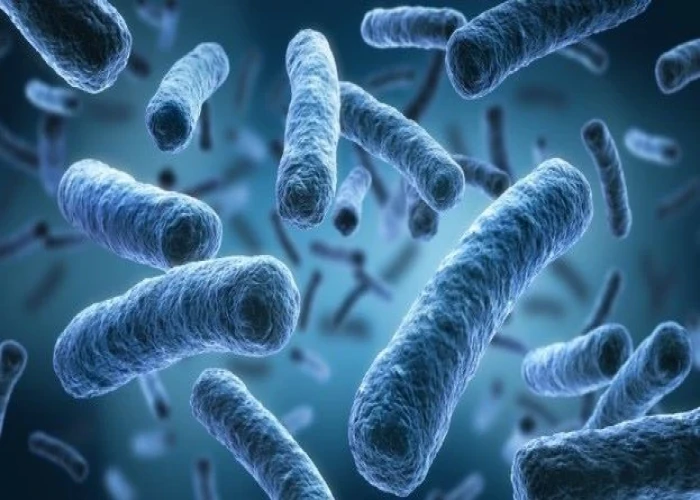
Microscopic colitis
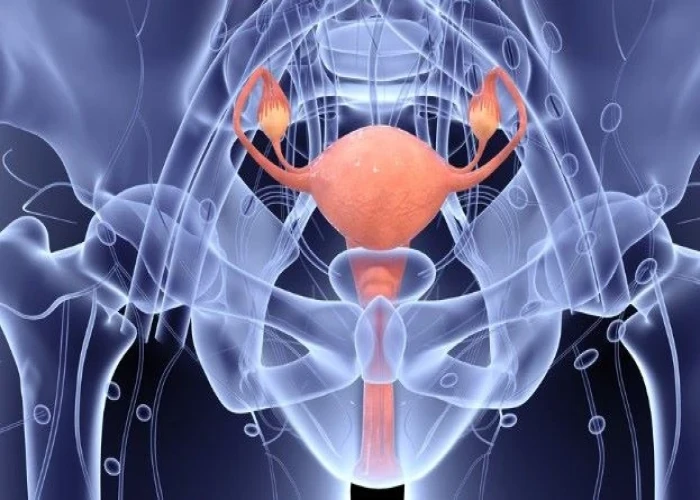
Posterior vaginal prolapse (Rectocele)

Scorpion sting
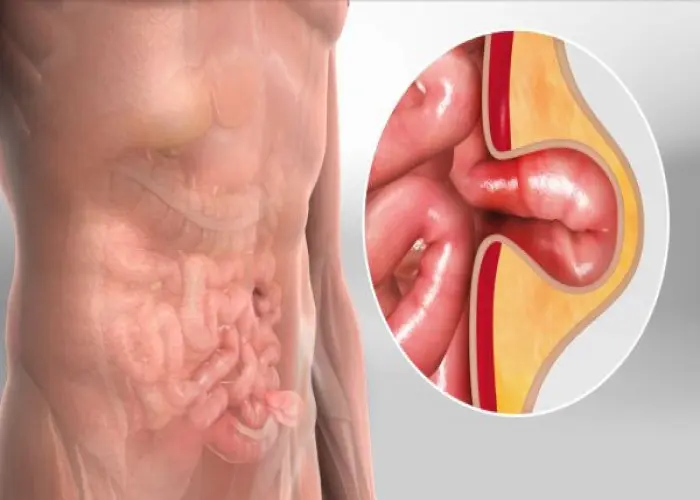
Hernia
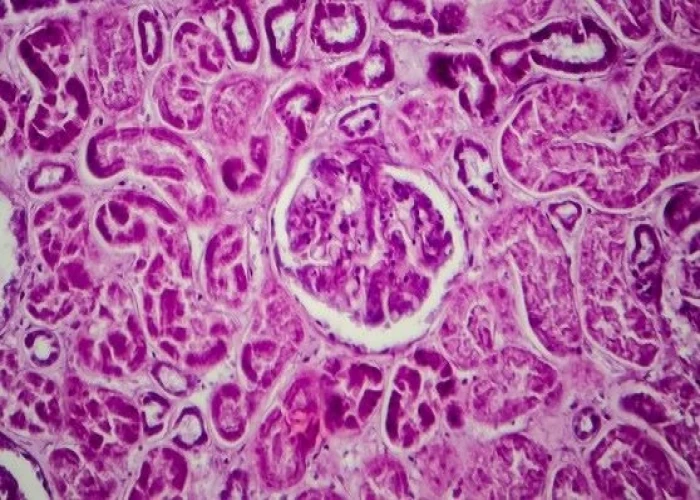
Lupus nephritis

Dyslexia
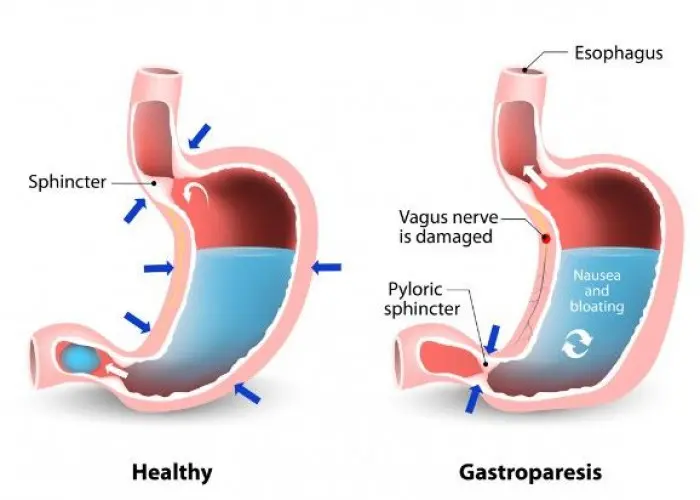
Gastroparesis

Breast cancer
thalassemia,থ্যালাসেমিয়া
To be happy, beautiful, healthy, wealthy, hale and long-lived stay with DM3S.
